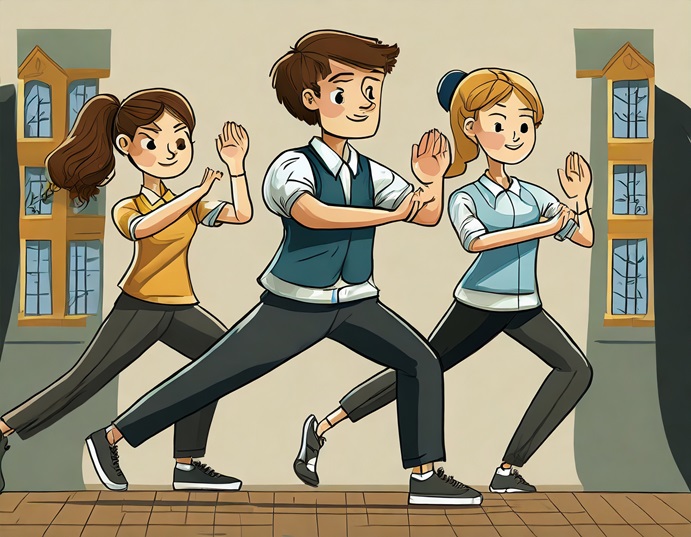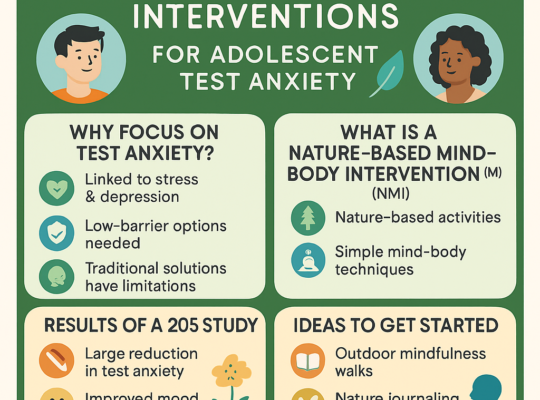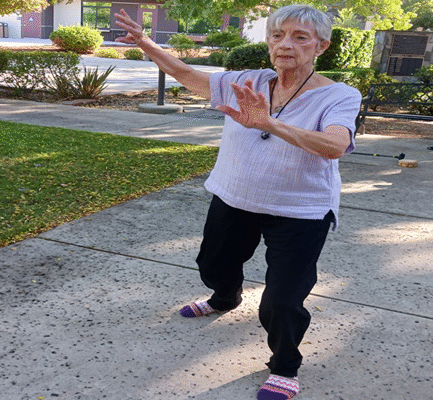Palliative care, especially when involving children, presents unique challenges for healthcare professionals, particularly those working in pediatric settings. The end-of-life phase requires a delicate balance of empathy, compassion, and resilience. A groundbreaking study published in the Palliative and Supportive Care journal in December 2023 explores the impact of Reiki, a complementary therapy, on the well-being of nurses at the Pediatric Hospice of the Regina Margherita Children’s Hospital in Italy. The study aims to address the physical and psychological burdens faced by pediatric nurses, acknowledging their vital frontline role in providing care and support during challenging times.
The research engaged 35 pediatric nurses in a 5-week Reiki intervention, totaling 175 sessions. Delivered by a pediatric psychologist and a nurse, the Reiki sessions were designed to provide a complementary approach to traditional pediatric psychology clinical practice. The impact of these sessions was meticulously analyzed through a paired t-test, comparing physiological variables (heart rate, oxygen saturation, systolic and diastolic pressure) before and after each Reiki session. Additionally, the test examined the burnout subscales for emotional exhaustion, depersonalization, and reduced personal accomplishment before the first session and after the last session two months later.
The results revealed a positive short-term impact on the well-being of pediatric nurses. There was a significant decrease in heart rate before and after each Reiki session and in systolic pressure. Importantly, a decrease in emotional exhaustion symptoms was observed at the end of the Reiki intervention.
The study suggests that Reiki, as a complementary therapy, can be a valuable strategy to support pediatric nurses in palliative care settings. The decrease in physiological markers of stress and emotional exhaustion indicates the potential of Reiki to alleviate the physical and psychological burden on healthcare professionals. By enhancing well-being among nurses, Reiki may contribute to creating a more supportive and compassionate workplace environment for both staff and patients.
As pediatric healthcare professionals navigate the emotionally charged landscape of palliative care, interventions like Reiki emerge as promising tools to promote their well-being. This study not only highlights the short-term benefits of Reiki but also underscores its potential as part of a broader strategy to protect healthcare professionals from the demands of their profession. Implementing complementary therapies like Reiki can contribute to a more resilient and supportive healthcare workforce, ultimately enhancing the quality of care for pediatric patients and their families in challenging circumstances.






